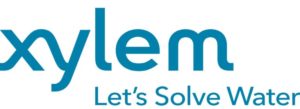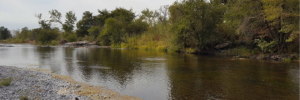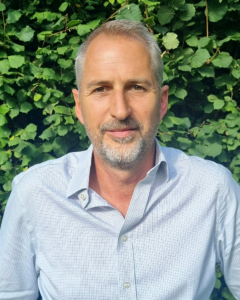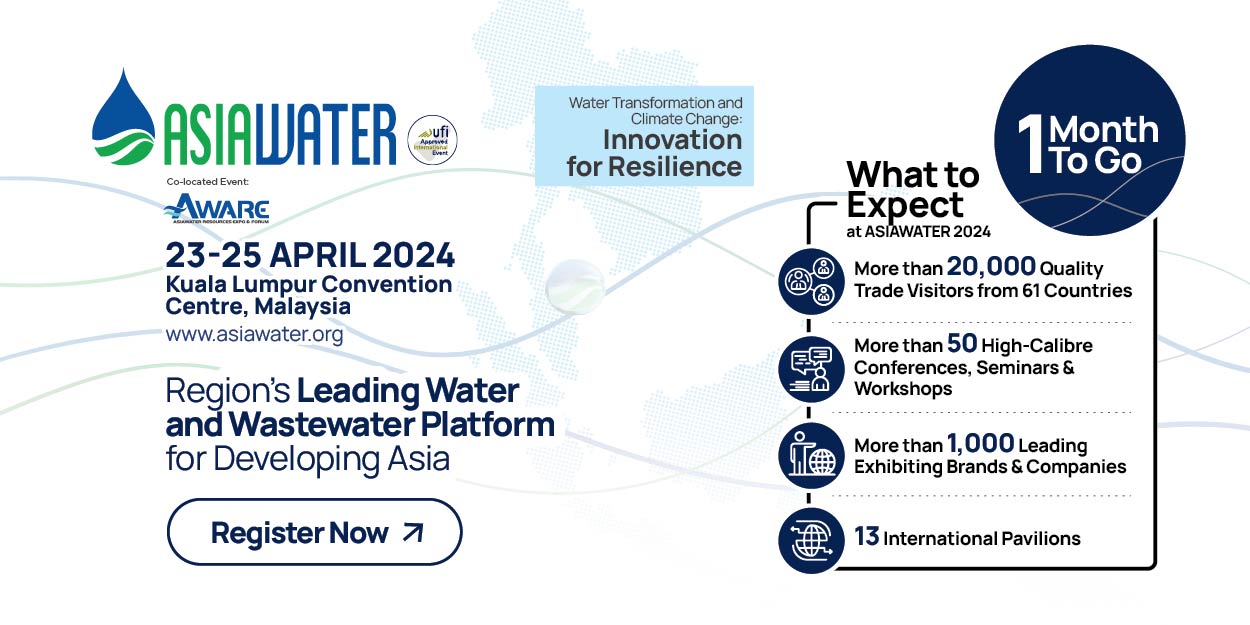Students Compete for Cash Prizes in Global Innovation Challenge to Solve Water Issues
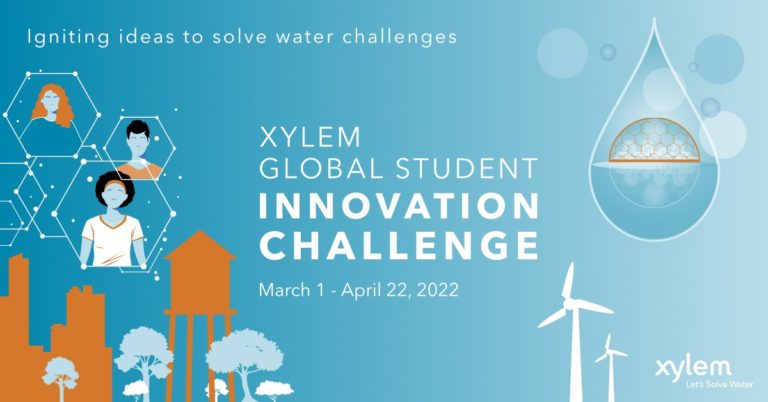
Students Compete for Cash Prizes in Global Innovation Challenge. (Image source: Xylem Inc.)
“It is a critical moment for water, and also one that presents incredible new opportunities,” said Patrick Decker, Xylem’s Chief Executive Officer. “Now more than ever, a generation of engaged, passionate and creative young people are speaking up and taking action – advocating and innovating for a more sustainable world. Xylem Ignite is our global youth program to build a strong network of passionate young leaders and empower them to drive real solutions to water issues. Building on the success of our inaugural 2021 Global Student Innovation Challenge, we’re now calling on those who are passionate about solving water to join us in 2022 and help solve the world’s greatest water challenges.”
Over the course of 8 weeks, students will submit solutions to one of four challenge statements, with access to masterclasses and support from mentors across the water industry. The challenges include: Solving Water with Alternative Sensing Technologies, Smart Floating City Master Plan, Raising Awareness for Water Equity and Kickstarting Water’s Race to Net Zero. The participants will work in teams of up to five students, for the chance to win prizes for the top secondary and tertiary projects.
The global program is designed to enable participation from different countries and time zones, and to accommodate school schedules. Students aged 13-25, and of all experience levels, are encouraged to participate. Individual registration for the innovation challenge closes at 2:59am, US Eastern Time, on March 7, 2022.
Xylem Ignite was conceived in mid-2020 by a team of young professionals in Xylem, as a platform to engage the passion and creativity of students around the world. The investments are targeted to give interested students access to the resources needed to develop their ideas and innovations.
The Xylem Ignite program engages students to:
- Prioritize the need for the next generation of water professionals across several career fields and all relevant industries.
- Accelerate innovation through hackathon events, critical problem-solving challenges, and incubator initiatives.
- Advance water sustainability education with training, masterclasses and mentorship from Xylem leaders and industry experts.
- Give back to the community with water-oriented volunteerism.
Source: Xylem Inc.

